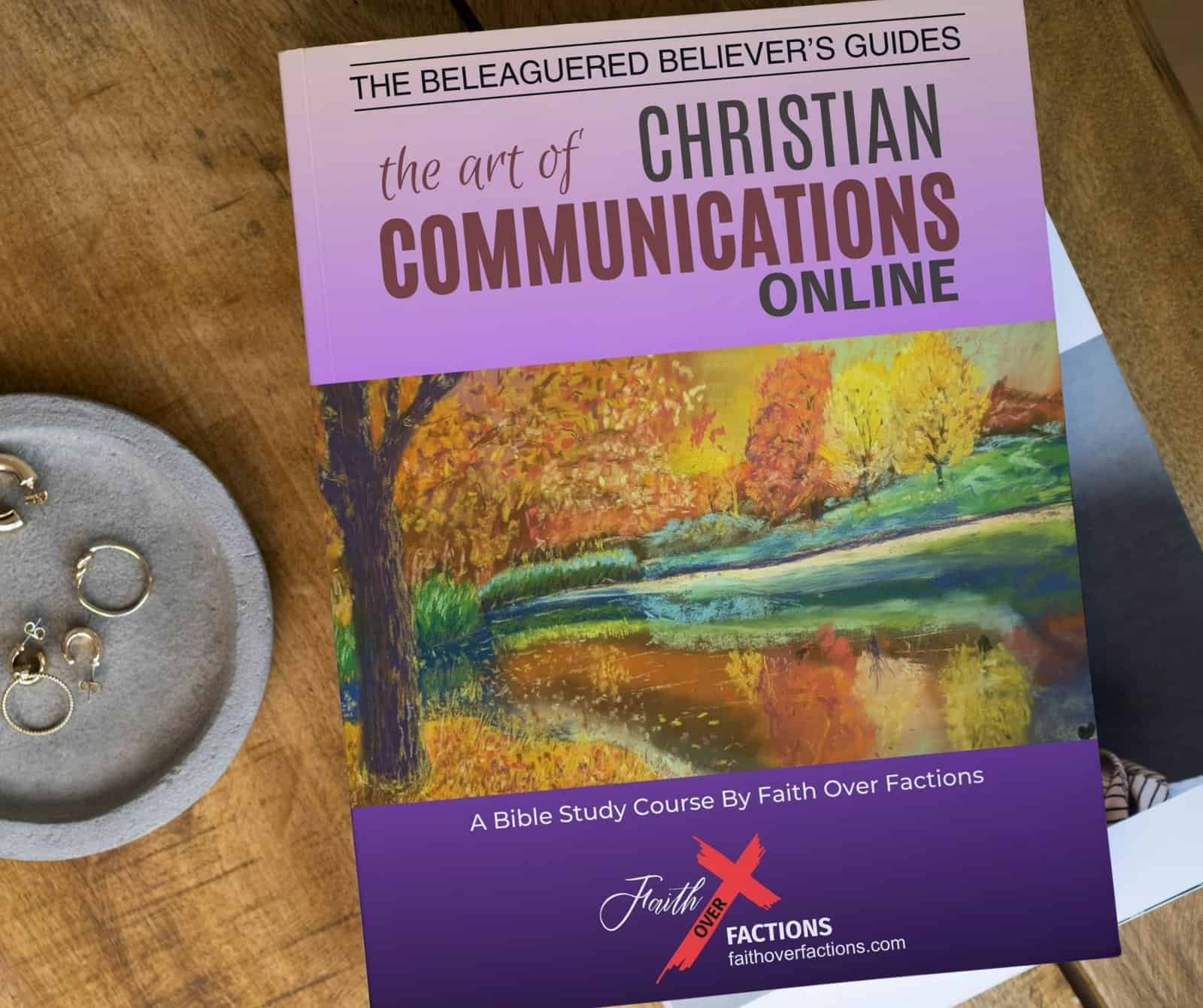
Exposing the False Gospel of Hustle and Rediscovering God's Better Way
In an age where billionaires preach hustle over rest and call work-life balance a lie, many ordinary people are being pierced by sorrow—not because they’re greedy, but because they’ve bought into a false gospel of striving. Behind every overbooked schedule and missed moment is a whisper that says, "You're only as valuable as your productivity." But what if this pursuit isn’t building a better life at all? What if it's quietly draining the one we already have? It's time to expose hustle culture for the hollow promise it is—and to recover the rest, purpose, and peace God freely offers.
Key Scripture
“For the love of money is the root of all kinds of evil. And some people, craving money, have wandered from the true faith and pierced themselves with many sorrows.”
Context: The apostle Paul wrote this letter to Timothy as a pastoral warning against spiritual drift caused by the pursuit of wealth. While it’s easy to imagine his words applying only to the elite, Paul’s concern was broader—he saw how everyday believers could be drawn into a system that equated worth with wealth. In Ephesus, where Timothy ministered, economic success and religious authority were often intertwined, just as they are today. Paul’s message remains timeless: when a society worships money and glorifies overwork, even the faithful can lose sight of what truly matters.
The Problem: When Hustle Becomes a False God
We’re living in a time when wealthy elites boldly proclaim that rest is for the weak. The loudest voices—billionaires with private jets and 80-hour weeks behind them—are pushing a gospel of grind, where work-life balance is labeled a myth and hustle is praised as the highest virtue. Social media feeds this narrative, glorifying burnout as ambition and making exhaustion look like success. But for most people, this relentless pace doesn't lead to abundance—it leads to anxiety, fractured relationships, neglected health, and spiritual depletion. They didn’t choose to idolize money or performance—but in a world where survival is tied to output, they were told they had no choice. The tragedy isn’t just overwork—it’s that so many believe there's no alternative.
Cultural and Historical Context
In the ancient Roman world, economic survival came at a steep personal cost. Honor and identity were deeply tied to social status, and status was directly linked to wealth and material gain. Those who had resources were considered favored; those without were often disregarded or oppressed. Against this backdrop, the early church offered a radical alternative—a community centered on simplicity, generosity, and spiritual wholeness (Acts 2:44-45).
Believers were taught to reject the world's valuation of worth through possessions and embrace a kingdom mindset where the last would be first (Matthew 19:30). Materialism, then as now, was a spiritual snare (Luke 12:15). Today’s hustle culture is simply a modern version of that same ancient trap: a system where our worth is measured by our output, and rest is viewed not as a gift, but as weakness. It’s no wonder that Paul warned Timothy that the love of money—not money itself—was the root of many evils (1 Timothy 6:10). The early Christians resisted that pressure; so must we.
A Biblical Warning: When Good Work Becomes a Bad Master
The Bible doesn’t shame hard work—in fact, it commends it. Paul writes that “those unwilling to work will not get to eat” (2 Thessalonians 3:10), and Proverbs is full of praise for diligence and steady hands (Proverbs 12:24, Proverbs 14:23). But like all good things, work must be held in balance. Scripture also warns us that moderation is essential: “Don’t wear yourself out trying to get rich” (Proverbs 23:4), and “Better to have one handful with quietness than two handfuls with hard work and chasing the wind” (Ecclesiastes 4:6).
The problem arises not with work itself, but when we begin to treat it—and the wealth it produces—as ultimate. Jesus cautioned in Luke 12:15, “Beware! Guard against every kind of greed. Life is not measured by how much you own.” As theologian John Stott once observed, “Materialism enslaves the soul.” When our days revolve around income instead of intimacy with God, performance instead of presence, we lose sight of the Kingdom. God’s way is different—one marked by peace, purpose, and the kind of contentment that no paycheck can buy (Philippians 4:11–13).
Action Steps You Can Start Right Now
1. Name the Lie
Start by identifying one hustle-culture message you've internalized—perhaps it's the belief that “rest is lazy,” or that “you’re only valuable when producing.” These are not biblical truths; they are cultural distortions. Scripture reminds us that our value is not in what we do, but in who we are in Christ (Ephesians 2:10). Recognizing these lies is the first step toward freedom. Write them down, speak them out, and expose them for what they are: false gospels that promise success but deliver spiritual exhaustion (Galatians 1:6–7).
2. Reclaim the Sabbath
Choose a block of time this week—whether a full day or a few sacred hours—to step away from productivity and embrace rest. Not as a reward for grinding hard, but as an act of spiritual resistance. The Sabbath was made for us (Mark 2:27), a holy reminder that God sustains the world without our constant effort. Practicing Sabbath rest declares with your life: I am not a machine. I am a child of God (Exodus 20:8–10). It’s a defiant, healing rhythm in a culture that never stops moving.
3. Refocus Your Labor
Instead of asking, “How can I make more money?” begin asking, “How can my work reflect God’s purposes?” Whether you’re in an office, at home, or in service to others, your labor is a gift—meant to build up, not burn out (Colossians 3:23–24). Invite God into your workday. Align your actions with love, justice, and truth. When you do, even the most ordinary tasks become sacred ground (1 Corinthians 10:31).
4. Prayerfully Consider
Take a quiet moment to ask God this: “Where has performance replaced presence in my life?” Have you been so busy proving your worth that you’ve forgotten to simply abide (John 15:4–5)? Invite the Holy Spirit to reset your priorities, not with shame, but with gentle correction and grace. Let Him remind you that your worth was settled at the cross—not by your resume, not by your output, but by His love (Romans 5:8).
Additional Biblical Support
→ Jesus directly challenges the heart of hustle culture. He reminds us that real life isn’t found in accumulation or constant striving, but in living aligned with God’s values. Possessions promise fulfillment, but they cannot deliver eternal meaning.
→ This verse confronts the illusion that more is always better. The relentless pursuit of more leads to noise, fatigue, and spiritual emptiness. God’s wisdom values peaceful contentment over frantic excess.
→ Scripture urges restraint and discernment. The energy spent chasing wealth is rarely worth the return. Even when gained, riches are fleeting. God calls us to pursue wisdom, not burnout, in our approach to work and provision.
→ Paul’s secret wasn’t in circumstances, but in Christ. Whether in plenty or in want, contentment is possible when rooted in divine strength—not career success, income brackets, or approval. This is a deep, freeing kind of peace.
→ Divided loyalty will always lead to tension and exhaustion. Jesus invites us to choose—either live to please the world’s system of success, or surrender to the rhythms of grace. One leads to slavery, the other to freedom.
Conclusion: Escaping the Lie of Endless Hustle
When billionaires tell us to hustle harder, they’re not the ones paying the cost—we are. It's the single parent skipping rest to make ends meet, the exhausted worker who believes they're falling behind, and the soul that slowly forgets its eternal value. But Scripture offers a different narrative. Jesus says, “Come to me, all of you who are weary and carry heavy burdens, and I will give you rest” (Matthew 11:28). Your worth isn’t measured in output or income. It was settled at the cross (Romans 5:8). The Kingdom of God isn’t earned through exhaustion—it’s received through grace (Ephesians 2:8–9). You are already beloved, already valued, already chosen.
Have you felt the pressure to prove your worth through work?
Take a moment to reflect. Write down what you've been carrying, and ask God to help you see your value through His eyes. Then, share your thoughts in the comments or on social media using #KingdomOverRiches. Let’s reject the lie—and rediscover what truly matters, together.







